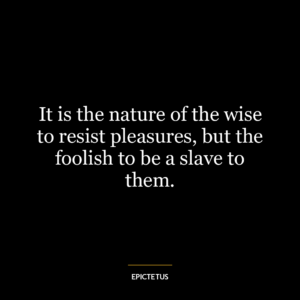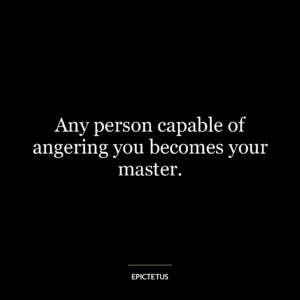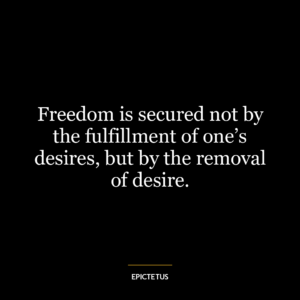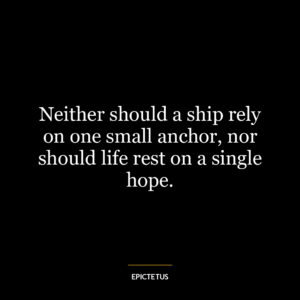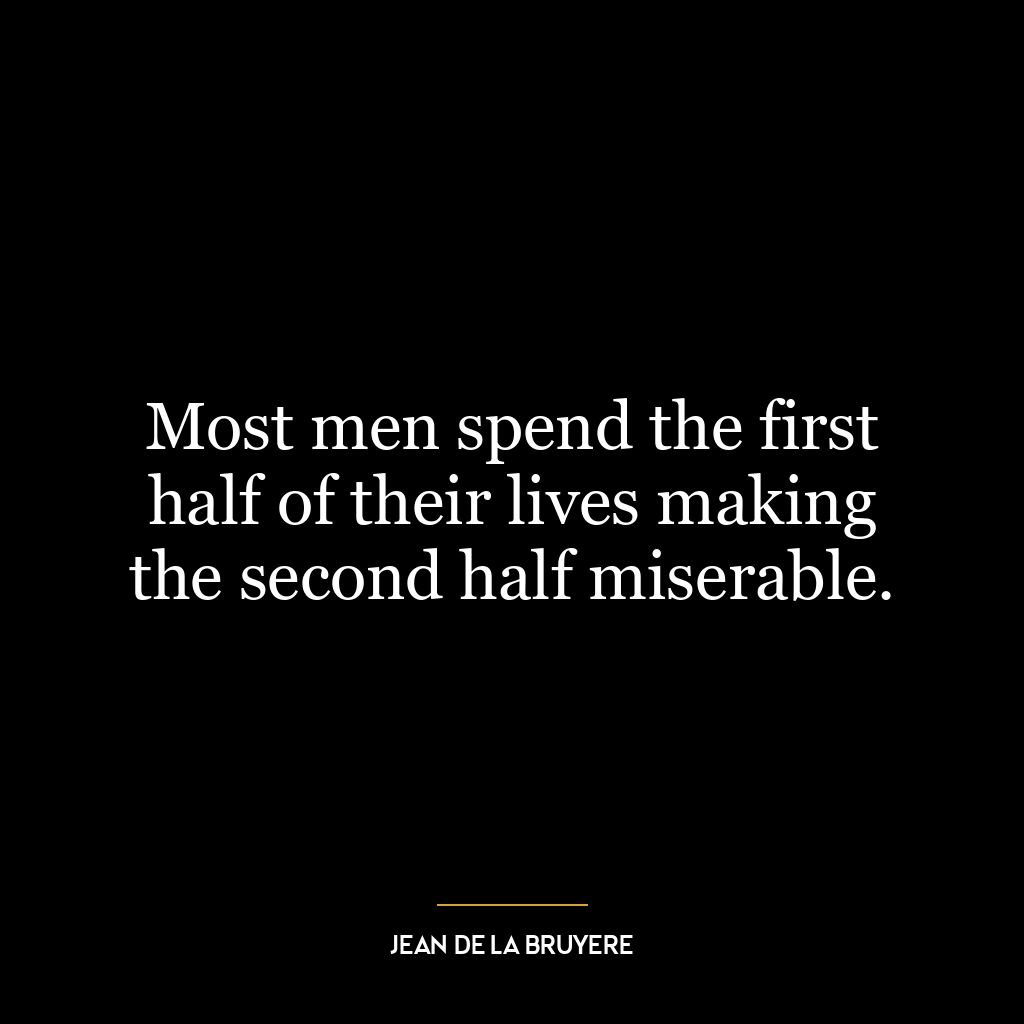This quote suggests that when we choose to act ethically and morally, contentment and self-satisfaction follow naturally. This is because doing the right thing aligns with our inner values and principles, creating a sense of inner peace and fulfillment. When we act in a way that contradicts our values, it can lead to feelings of guilt, regret, and dissatisfaction. Therefore, happiness is not something that we can attain through external means alone, but is a byproduct of our actions and decisions.
The ‘right thing’ here is subjective and can vary from person to person, depending on their values, beliefs, and understanding of what is right or wrong. However, universally accepted values such as honesty, kindness, fairness, and respect for others can be considered as doing the ‘right thing.’
In today’s world, this principle can be applied in various ways. In the context of personal development, it might mean choosing to be honest even when lying is easier, standing up for others when they are being treated unfairly, or making decisions that are environmentally responsible. It could also mean pursuing a career that is meaningful and fulfilling rather than one that simply pays well.
In the broader societal context, doing the right thing could mean advocating for social justice, equality, and sustainable practices. It could mean choosing leaders who prioritize the greater good over personal gain, or supporting businesses that are ethical and socially responsible.
The idea here is not to seek happiness directly, but to focus on doing what is right and letting happiness follow naturally. This approach encourages us to be more mindful of our actions and their impact on ourselves and others, leading to personal growth and a more fulfilling life.




